Hub Leadership
Why is the role of Hub Leadership important?
At Scots, our mission is to glorify God by proclaiming Christ and growing disciples who go with the gospel to our city and the world. The aim of Hub groups is to function as small communities where the gospel is both taught and caught, ensuring that both seekers and believers hear the proclamation of Christ and are equipped to carry the gospel into our city. Hub Leadership comprises women and men who prayerfully serve Hub groups by leading studies, cultivating welcoming and honest group culture, and facilitating practical care for one another.
This fits into our wider Scots values that we would be a community where:
- Knowing God in the Scriptures shapes everything about who we are and what we do. We long to see everyone in our church family equipped as Spirit-filled, gospel-hearted people who live for Jesus and serve him faithfully in every area.
- Whether people already know Jesus or want to learn more, they can belong, ask real questions and take time to consider what it means to follow Jesus.
Why do we structure Hub the way we do?
To engage with our city context, our gatherings at Scots involve starting with a common meal time, followed by time in designated Hub groups for discussions, concluding sharply by 8 pm. Bringing your own dinner allows individuals to connect with a broader and more varied set of people beyond their specific Hub group. Within these smaller groups, there is the chance to delve into deeper discussions within a more intimately sized group.
The format and goal of Hub studies varies:
Focus
Comprehension/ exegesis
Follow Sunday talks
A book/course (less common)
Goal
Give people skills in interpreting the Bible for themselves
Putting truth into practice and prayer and going deeper on the same passage.
Upskill us in understanding the gospel and living it out.
What is involved in Hub Leadership?
a) Appointment and Accreditation
Each Hub Group is overseen by a Leadership Team usually consisting of a male and a female Leader, along with one or two Assistant Leaders. Appointment to Hub Leadership requires approval from the Session (Scots elders and deacons). The Hub Coordinator, under Session’s delegated authority, appoints leaders, begins and closes groups, and reports to the Session. Hub Leadership involves interactions with potentially vulnerable individuals, so leaders and assistants must complete Breaking the Silence safe ministry training. This accreditation is crucial for caring for the Scots community and representing Jesus. The Session also requires Hub leaders to be members of Scots church.
b) Leadership Team Dynamics
It is assumed that facilitating group discussions on a given night will be a shared responsibility among the Leadership Team, including both Leaders and Assistant Leaders. This might involve one leading the discussion, another leading the prayer time, and so forth. In our groups, it is customary for men and women to take turns leading discussions on different nights. Group members may be asked by the Hub Leaders to facilitate group discussion on a given night, however the Leadership team should be discerning about who they ask rather than simply “giving everyone a go.”
The primary distinction between a Leader and an Assistant Leader lies in the Leaders coordinating the Leadership Team. Within your Leadership team, transparent communication about strengths and leading experience is crucial for effective collaboration and mutual growth as leaders.
Our complementarian structure will be reflected within the Leadership Team in the following ways. The male Hub Leader needs to take particular responsibility for caring for and encouraging the other members of the Leadership Team and making the group a place where their ministry can flourish. While all members of the Leadership Team are responsible as a team together for the functioning of the group, the male Hub Leader is expected to take particular responsibility as a proactive servant leader in overseeing the group’s healthy functioning and faithfulness to the Scriptures.
Leadership Teams should meet together (maybe about every 2 months) for feedback, prayer and encouragement, but need more often (at least monthly) to touch base by phone or email. Each Leadership Team is given one or two Hub Support people to support the team in some of this teamwork. As a team, aim to:
- Plan together. Communicate with one another ahead of time if you will be absent.
- Provide regular feedback to one another about how the group is going.
- Evaluate how the group is going as a place where true feelings and thoughts can be shared and group members are growing as followers of Jesus.
- Identify members in the group that may require specialised pastoral care. If it’s something beyond the ability of the group to care for, contact your Hub Support for appropriate resourcing.
- Identify group members who can be developed as leaders or in another area of ministry
c) Role of Leaders & Assistant Leaders
The Leadership Team is responsible to lead the group towards maturity in Christ. While we want to create a culture where the success of the group is everyone’s responsibility, the role of Leaders and Assistant Leaders includes:
- Praying for the group both during the week and within Hub.
- Reminding the group as appropriate of their purpose and agreed expectations, including modelling these expectations of confidentiality, regularity, welcoming, starting & ending on time etc.
- Nurturing healthy group dynamics and attending to relational difficulties between group members.
- Cultivating group members taking responsibility for the encouragement and growth of one another.
- Being present, on time and engaged over dinner. Dinner is an important part of making Hub work – it provides a sense of being part of a wider fellowship and an opportunity to connect more deeply with group members.
d) Training
Hub leadership training nights are organised to equip leaders for their vital roles in our church family. These sessions also allow leadership teams time to reflect on group dynamics and ways to support each other. There are 5 training nights in 2023 for Hub Leaders and Assistant Leaders: Tues 30 Jan, Wed 10 April, Tues 9 July, Wed 9 Oct, Tues 10 Dec 2024.
Hub Support
Why does this matter?
The goal of Hub Support is to support the Hub leadership teams allocated to them: both in their role together leading their group and in their Christian life as individuals.
What is involved?
- Ideally Hub Support Teams work in pairs (male and female).
- Hub coordinator (Jess) oversee Hub Support Teams
- Hub Support should hold their Hub Leadership Teams to account for the responsibilities outlined in the Leader/Assistant-Leader Job Description. If this approach is not working, refer the situation to the Hub Coordinator. Not training or mentoring individuals but supporting the team leaders to lead their group.
- While normally meeting with the Hub group team (Hub leaders and assistant leaders) from time to time individual Hub leaders might need particular help. This might take the form of training/mentoring, or referral to others for more specialised help.
- While the session is ultimately responsible for the oversight of Hub and the approval of Hub Leaders, an elder in the role of Hub Group Support or Hub Group Leader must take off their “elder hat” and follow the relevant job description.
What is expected of Hub Support?
- Hub Support teams come to the first and last Hub leadership training nights (2 hrs during Hub break, the other 3 are optional). 2023 Hub leadershing dates are: Tues 24 Jan, Wed 19 April, Wed 28 June, Tues 10 Oct, Wed 6 Dec 2023.
- Meet with each Hub leadership team three times a year as a group. (3x 1hr meetings)
- Meet individually with the same gender Hub leader to pray and ask after their Christian walk. Mode (phone/zoom/F2F) and frequency of meetings is flexible and should prioritise what works for the Hub leader/assistant. As a guide of the time involved, meetings could entail 2x1hr meetings per year or 8x15min check-ins).
- Be available for your Hub leaders to reach out
- Share back to the Hub Coordinator (Jess) any general awareness of groups struggling, beneficial training for leaders, leaders stepping down etc.
Hub Coordinator Responsibilities
- Overseeing Hub curriculum (either sourcing or writing studies)
- Overseeing quarterly weeks of prayer and church wide training nights
- Allocation of leaders and members into groups, including mid-year movements
- Overseeing the training of Hub leaders and assistant leaders
- Overseeing recruitment and orientation of new assistant leaders working through Hub leaders (appointing and removing leaders approved by Session on the recommendation of the Hub Coordinator)
- Weekly communication with Hub leadership about relevant news and resources
- Week to week contact with Hub leadership about following up members who are in need or absent from church
- Recruiting and training up Tuesday/Wednesday night coordinators

